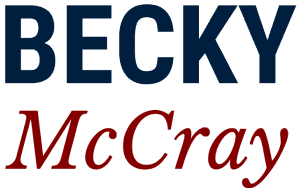Some people won’t help. How you change that
You might have heard me say this:Don’t worry so much about the people who don’t like your idea. They were never going to help you. You can’t lose people who were never yours. In the chat in one of my recent virtual events, Janet Bartlett replied, “I think that is a bad & toxic way of…
